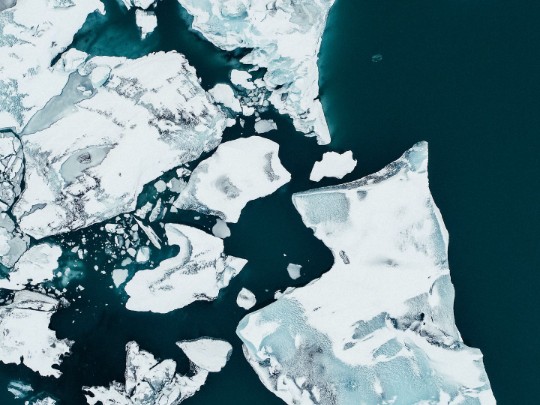The Unexpected Impact of Icebergs: How Melting Ice Shapes Ocean Currents and Marine Life

Unveiling the Hidden Connection: Icebergs and the Ocean
Icebergs, those breathtaking sculptures of ice drifting across the ocean, are far more than just scenic wonders. They play a surprisingly significant role in shaping our planet's oceans, creating a complex and crucial relationship with seawater. As these colossal remnants of glaciers melt, they release vast quantities of freshwater, subtly but powerfully altering the ocean's salinity.
This seemingly minor change can have dramatic consequences. Colder, less salty water is denser, causing it to sink. This sinking action drives deep-sea circulation patterns – a vital process for distributing heat and nutrients throughout the globe. Think of it as the ocean's circulatory system, and icebergs are influencing its rhythm.
Beyond Dilution: Icebergs as Nutrient Carriers
The influence of icebergs extends beyond simply diluting seawater. They act as silent carriers, transporting sediments and vital nutrients from glacial regions far out into the ocean. This influx of nutrients acts as a fertilizer, enriching the water and potentially triggering blooms of phytoplankton – the microscopic plants that form the base of the marine food web. A thriving phytoplankton population supports a diverse and vibrant array of marine life, from tiny zooplankton to massive whales.
Releasing Ancient Secrets: Gases and Ocean Chemistry
Furthermore, when icebergs calve (break off) from glaciers, they release gases that have been trapped within the ice for centuries, even millennia. These gases impact the ocean's chemistry, adding another layer of complexity to the iceberg-seawater relationship. Scientists are still working to fully understand the implications of these releases, but it's clear that they contribute to the ocean's ever-changing chemical composition.
A Changing Arctic: Climate Change and the Future of Icebergs
The interaction between icebergs and seawater is becoming increasingly important in the face of climate change. As global temperatures rise, glacial melt is accelerating, leading to a surge in iceberg calving. The scale of these effects is projected to grow significantly, demanding urgent and comprehensive research. We need to better understand how these changes will impact global ocean circulation, marine ecosystems, and ultimately, our planet's climate.
These frozen giants hold vital secrets that are key to understanding and protecting our planet. Continued research and monitoring are essential to predict and mitigate the potential consequences of a world with more icebergs and a rapidly changing ocean.





